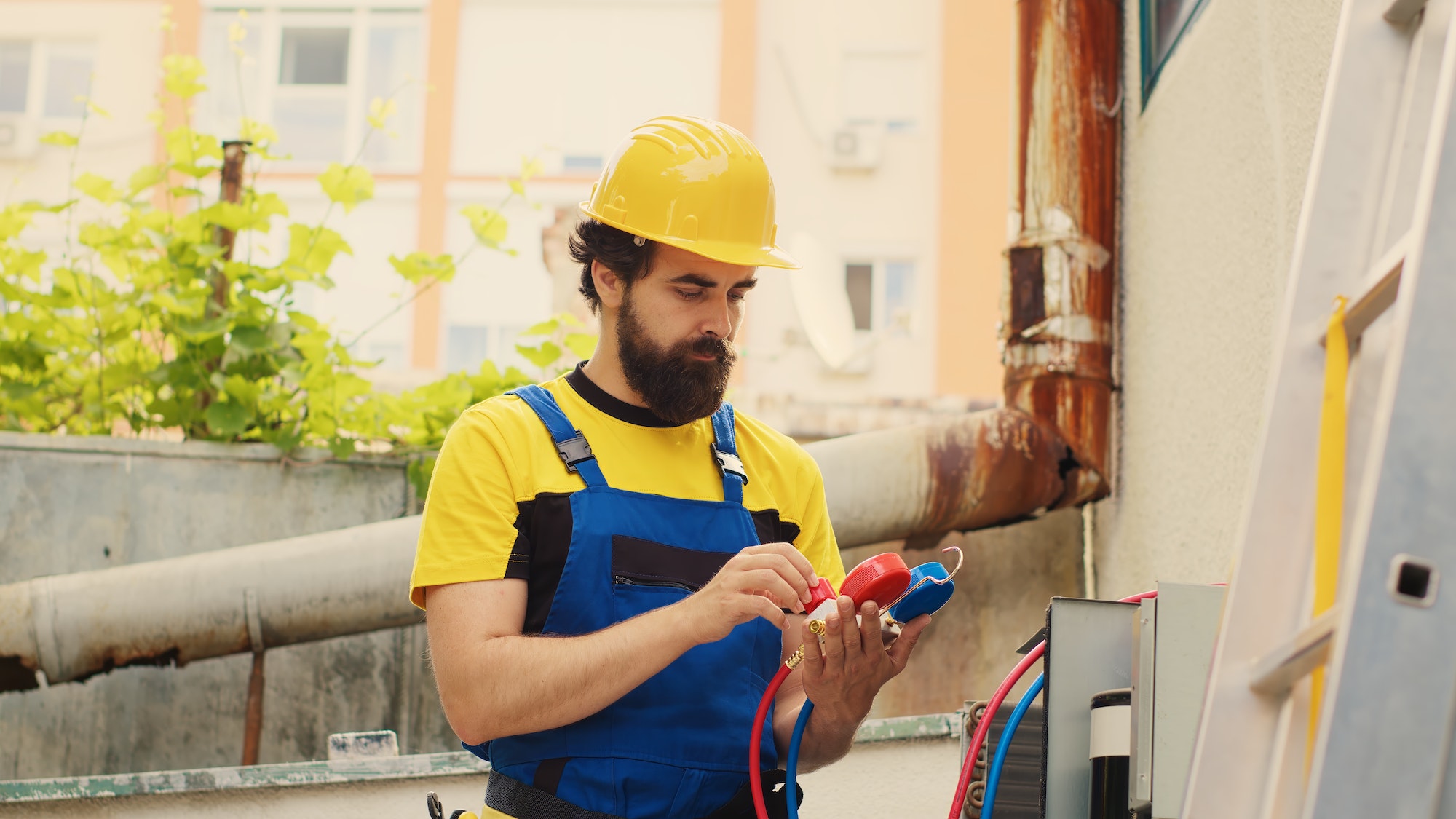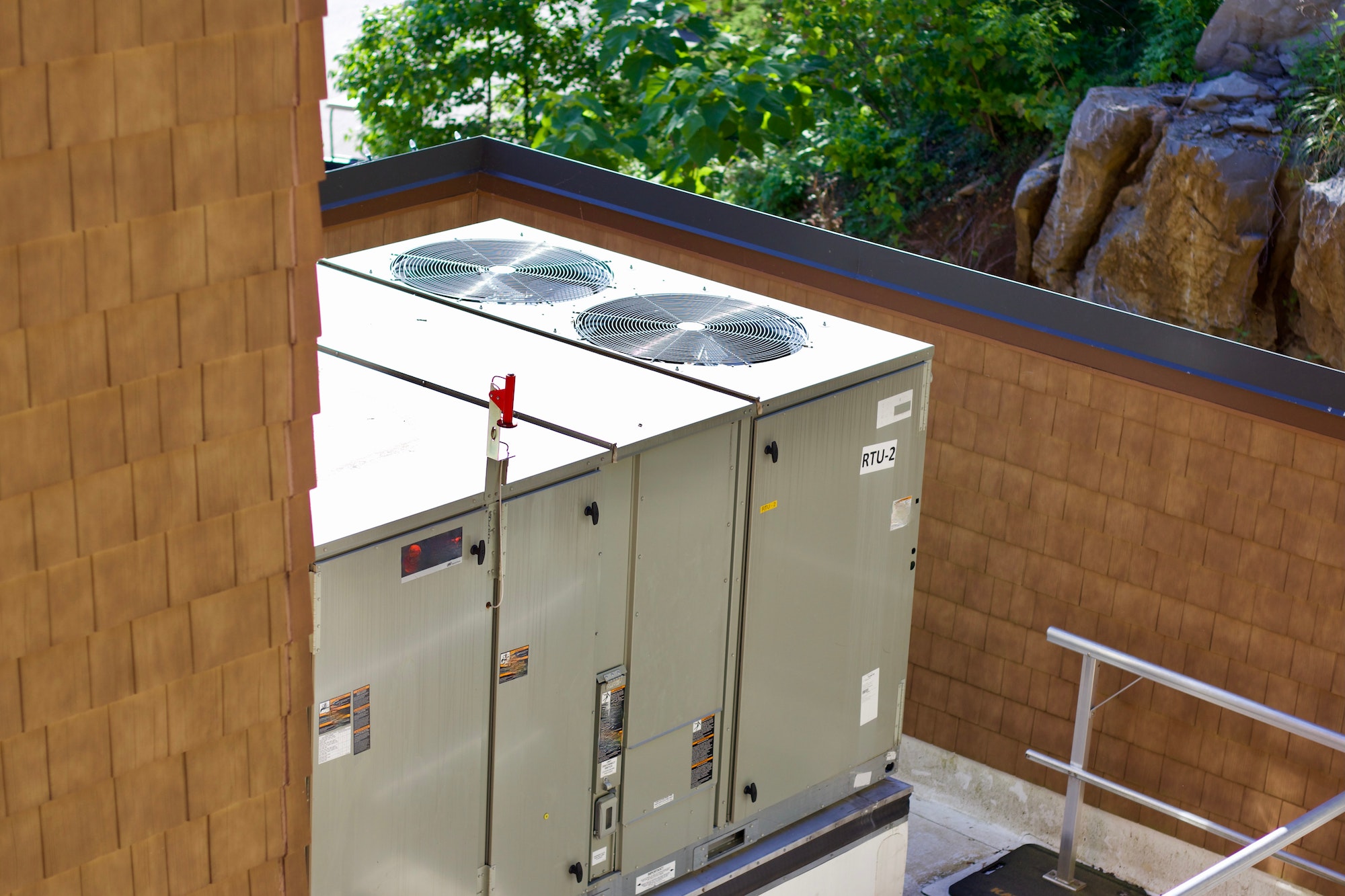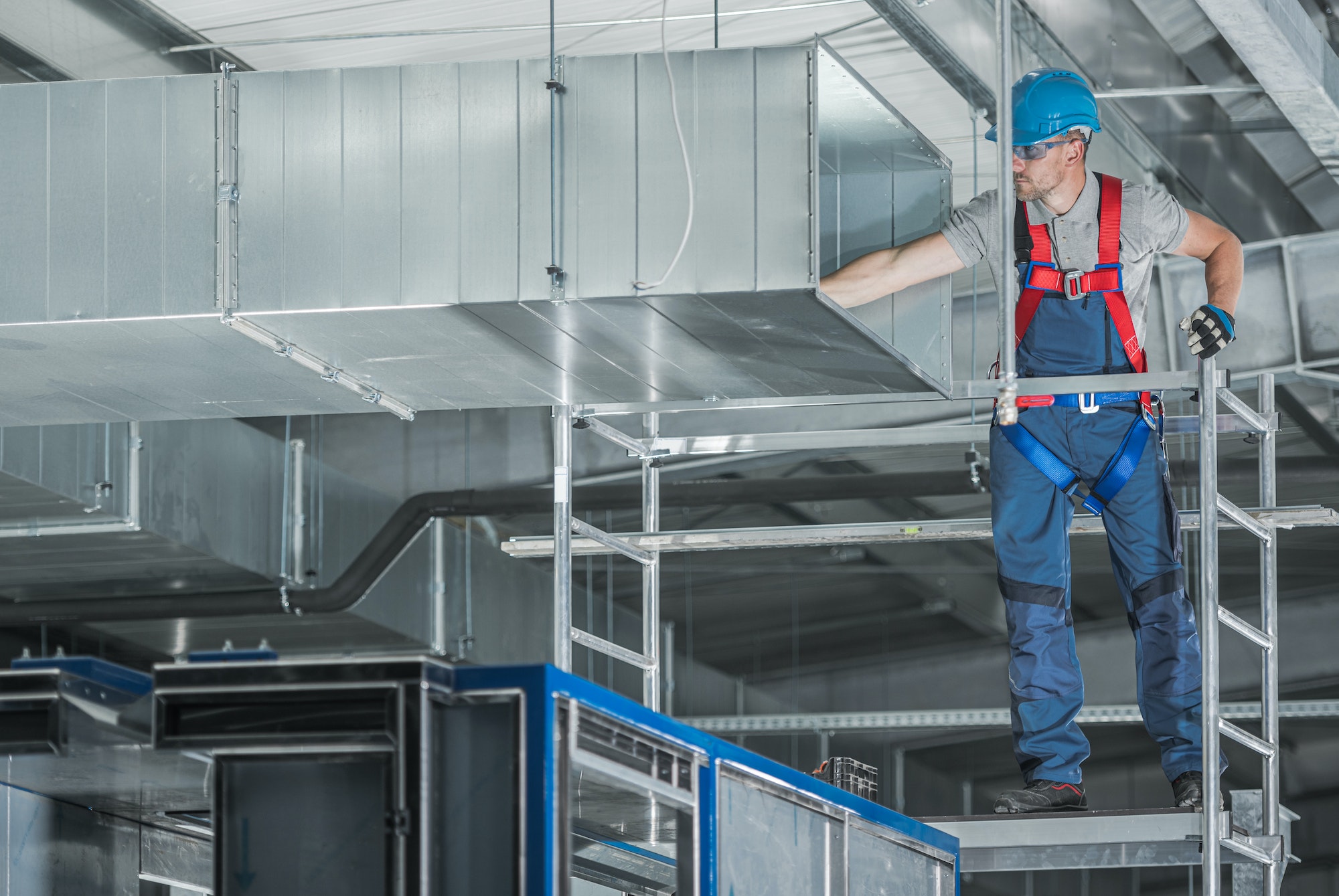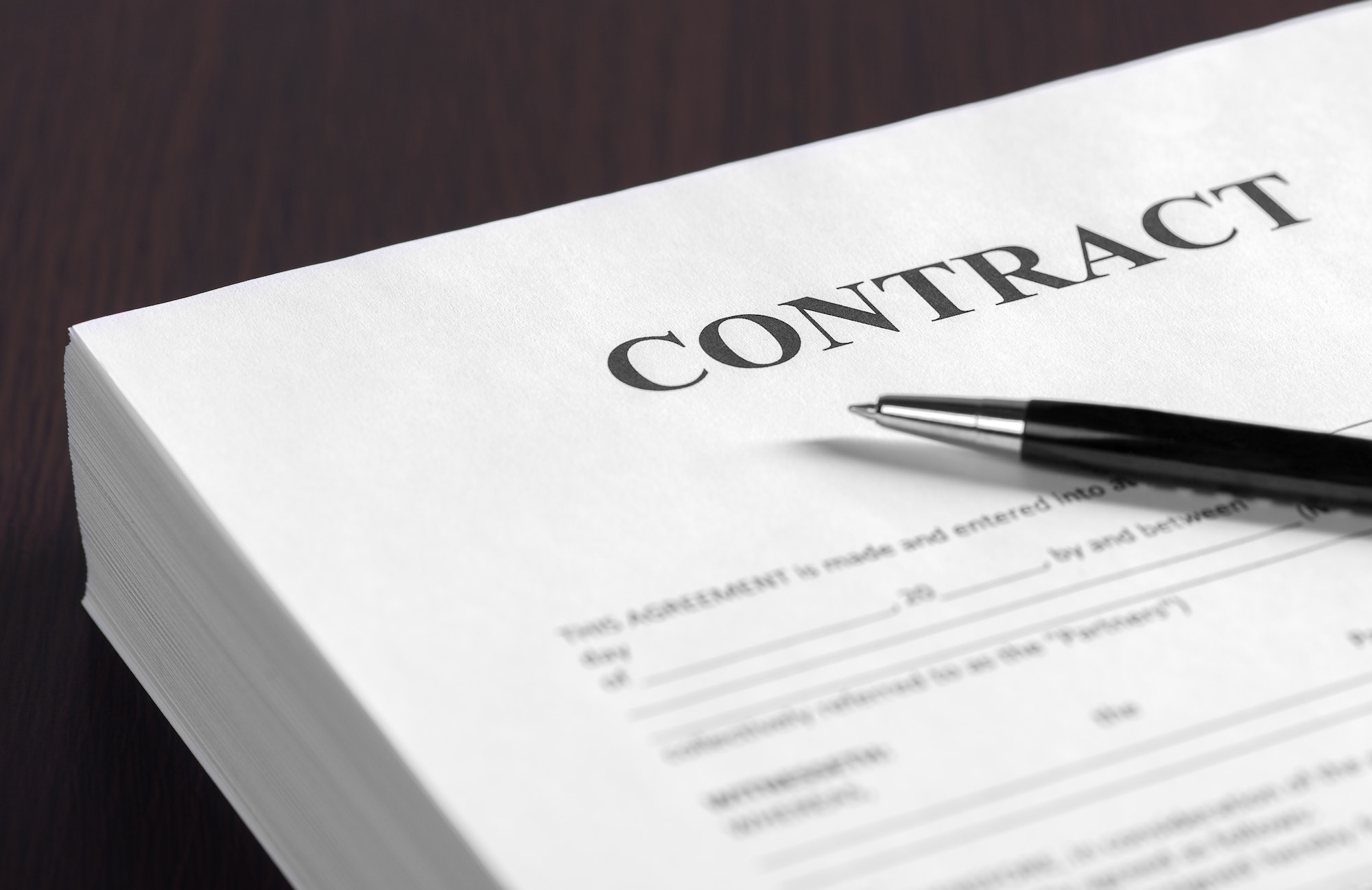Striving for Lower Energy Bills? Unravel the Secrets to Achieving HVAC Energy Savings and a More Efficient Home
In today’s world, energy conservation and cost savings are crucial considerations for homeowners and businesses. Heating, Ventilation, and Air Conditioning systems significantly affect overall energy consumption. However, with some strategic measures and mindful practices, achieving HVAC energy savings is possible and beneficial for both your wallet and the environment. This comprehensive guide will explore key strategies to maximize HVAC energy savings and create a more efficient and comfortable living space.
1. Proper HVAC System Sizing
Ensuring that your HVAC system is appropriately sized for your home or building is fundamental to energy efficiency. An oversized system may lead to frequent cycling on and off, wasting energy, while an undersized system may need help to meet your cooling and heating demands. Consult with HVAC professionals to determine the right size for your specific space, considering factors such as square footage, insulation, and climate.
2. Regular HVAC Maintenance
Regular maintenance is vital for optimizing HVAC energy savings. Scheduled tune-ups by qualified technicians ensure that your system operates at peak efficiency, reducing energy consumption and preventing potential breakdowns. Cleaning coils, changing air filters, and inspecting ductwork are the maintenance tasks contributing to energy efficiency and a longer HVAC system lifespan.
3. Programmable Thermostats
Investing in a programmable thermostat is an intelligent way to manage energy usage. These smart devices allow you to set temperature schedules based on your daily routine. You can program the thermostat to reduce heating or cooling when you’re away and bring it back to a comfortable level when you return. This effortless automation helps avoid unnecessary energy consumption, translating into substantial energy savings over time.
4. Energy-Efficient HVAC Systems
Consider upgrading to energy-efficient HVAC systems to maximize energy savings. High-efficiency air conditioners and furnaces use less energy to achieve the same cooling or heating output as older, less efficient models. Look for systems with high Seasonal Energy Efficiency Ratio (SEER) ratings for air conditioners and Annual Fuel Utilization Efficiency (AFUE) ratings for furnaces.
5. Proper Insulation and Sealing
A well-insulated and properly sealed home retains conditioned air better, reducing the workload on your HVAC system. Examine for drafts around windows, doors, and electrical outlets, and seal any gaps or fissures. Improve insulation in attics, walls, and crawl spaces to create a more energy-efficient and comfortable indoor environment.
6. Utilize Natural Ventilation
Take advantage of natural ventilation to cool your home during mild weather. Allowing fresh air to circulate by opening windows and entrances reduces the need for air conditioning. When outdoor temperatures drop in the evening or early morning, turn off your HVAC system and let the natural breeze refresh your living space.
7. Zoning Systems
Consider installing zoning systems to target cooling and heating to specific areas in your home. Zoning allows you to direct conditioned air where it’s needed most, reducing energy waste in unoccupied or seldom-used rooms.
Advanced Techniques for HVAC Energy Savings
1. Ductwork Sealing and Insulation
The efficiency of your HVAC system can be significantly improved by sealing and insulating the ductwork. Leaky ducts can lead to conditioned air escaping before it reaches its destination, wasting energy and increasing utility bills. Sealing and insulating ducts help maintain the desired indoor temperature, ensuring that conditioned air reaches its intended location, resulting in higher HVAC energy savings.
2. Energy Recovery Ventilation (ERV) Systems
Energy Recovery Ventilation systems are a smart addition to your HVAC setup. ERVs help transfer heat and humidity between incoming and outgoing air streams, effectively pre-conditioning the fresh air entering your home. This process reduces the load on your HVAC system and minimizes the energy required to heat or cool incoming air, leading to substantial energy savings.
3. Regular Air Filter Replacement
Frequent air filter replacement is crucial for maintaining HVAC energy efficiency. Airflow is obstructed by clogged or filthy air filters, which forces your HVAC system to work harder to maintain the desired indoor temperature. By regularly replacing air filters, you not only improve energy efficiency but also ensure better indoor air quality.
4. Heat Pumps for Year-Round Efficiency
Heat pumps are a low-energy alternative to standard HVAC systems that can provide both heating and cooling. They transfer heat from one place to another rather than generate it through fuel combustion. Heat pumps are quite effective, particularly in climates that are moderate, which leads to significant energy savings for heating, ventilation, and air conditioning (HVAC) systems and eliminates the requirement for separate heating and cooling systems.
5. Energy Audits
Consider conducting a comprehensive energy audit of your home or business to identify areas where energy savings can be achieved. Energy audits analyze your building’s energy consumption patterns and offer personalized recommendations for improving energy efficiency. With insights from an energy audit, you can prioritize upgrades and modifications that will yield the most significant HVAC energy savings.
FAQs (Frequently Asked Questions)
1. Will upgrading to an energy-efficient HVAC system result in immediate energy savings?
Upgrading to an energy-efficient HVAC system can lead to noticeable energy savings over time. The initial investment may be higher, but the reduced energy consumption will eventually offset the cost through lower utility bills.
2. How can I track my HVAC energy savings?
To track HVAC energy savings, compare your utility bills before and after implementing energy-saving measures. Additionally, some programmable thermostats and smart home systems offer real-time energy monitoring features to track your HVAC system’s energy usage.
3. Can I perform HVAC maintenance myself, or should I hire a professional?
While some HVAC maintenance tasks can be done by homeowners, such as replacing air filters, it’s best to hire a professional technician for comprehensive HVAC maintenance. Professional technicians have the expertise and equipment to ensure all components are thoroughly inspected and tuned up for optimal performance.
4. How can I ensure proper ductwork sealing and insulation?
Professional HVAC technicians best handle proper ductwork sealing and insulation. They have the knowledge and tools to assess the condition of your ductwork, seal any leaks, and apply appropriate insulation materials for maximum efficiency.
5. Are there any tax incentives or rebates for implementing energy-saving HVAC measures?
Many regions offer tax incentives, rebates, or energy efficiency programs to encourage homeowners and businesses to adopt energy-saving measures, including HVAC upgrades. Check with local government agencies or utility companies to explore potential incentives available in your area.
Conclusion
HVAC energy savings are within reach for every homeowner and business owner. You can significantly reduce energy consumption and decrease utility bills by instituting proper HVAC system sizing, routine maintenance, programmable thermostats, and energy-efficient equipment. Proper insulation, sealing, and the utilization of natural ventilation further contribute to a more energy-efficient and comfortable living space. Embrace these strategies and create a greener, more sustainable home while enjoying the financial benefits of reduced energy costs. You can pave the way toward a brighter, more energy-efficient future with little effort and investment in energy-saving practices. Visit our website ContractorHomeQuotes.com to learn more.








